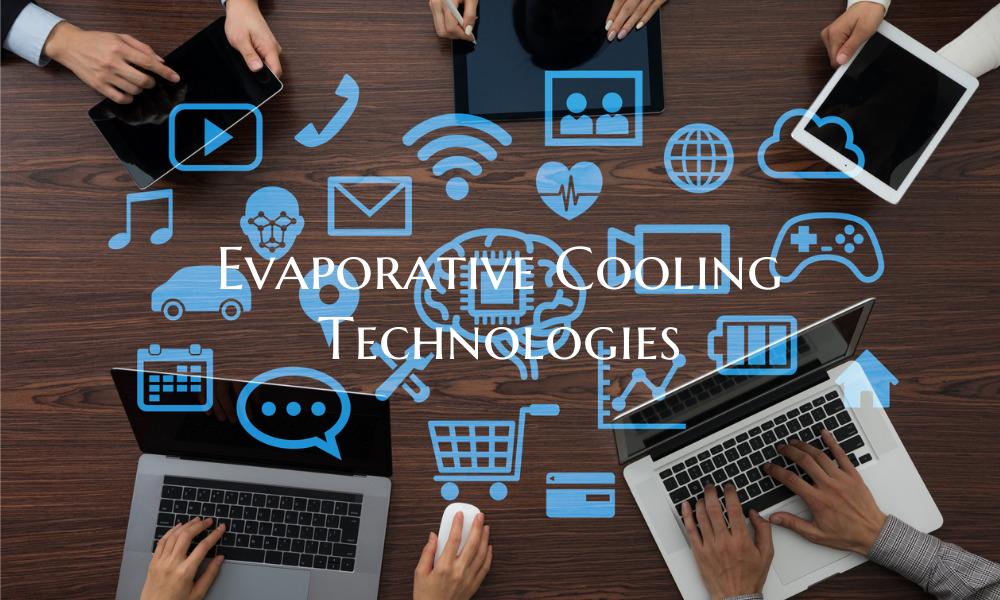Evaporative Cooling Technologies
Evaporative Cooling Technologies
Evaporative cooling technologies are a sustainable and energy-efficient way to lower temperatures in spaces such as buildings, factories, and outdoor environments. By harnessing the natural process of evaporation, these systems provide a cost-effective alternative to traditional air conditioning while reducing energy consumption and environmental impact.
One of the key aspects of evaporative cooling is its simplicity. It works on the principle that when water evaporates, it absorbs heat from the surrounding air, resulting in a cooling effect. This process is similar to how the body cools itself through sweating. By utilizing this concept on a larger scale, evaporative cooling systems can effectively reduce indoor temperatures by several degrees.
There are various types of evaporative cooling technologies available, including direct, indirect, and two-stage systems. Direct evaporative coolers use the evaporation of water to cool the air directly, making them suitable for dry climates where humidity levels are low. Indirect systems, on the other hand, use a heat exchanger to cool the air without adding moisture, making them ideal for humid environments. Two-stage systems combine both direct and indirect methods for optimal cooling efficiency.
Evaporative cooling technologies offer several benefits over traditional air conditioning systems. They consume significantly less energy, making them cost-effective to operate. Additionally, they use water as a refrigerant, which is a more environmentally friendly option compared to the chemical refrigerants used in conventional AC units. This makes evaporative cooling systems a sustainable choice for cooling large indoor and outdoor spaces.
In conclusion, evaporative cooling technologies provide an eco-friendly and efficient way to lower temperatures in various environments. By leveraging the power of evaporation, these systems offer a viable alternative to traditional air conditioning, promoting energy savings and environmental sustainability. As the world focuses on reducing carbon emissions and combating climate change, evaporative cooling technologies present a promising solution for cooling needs in a more sustainable manner.

